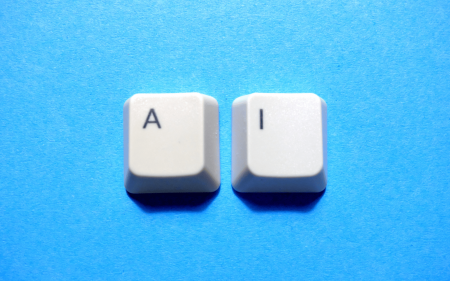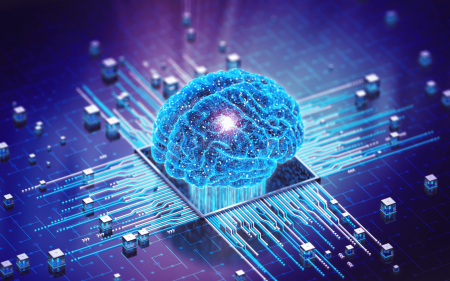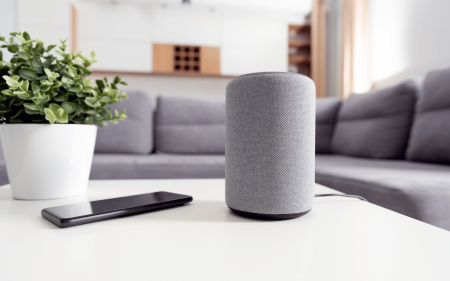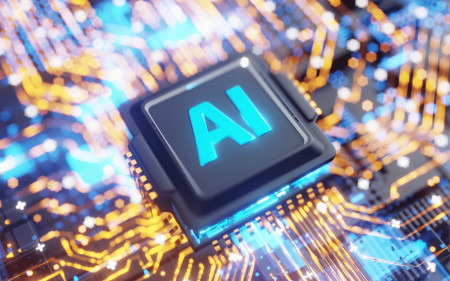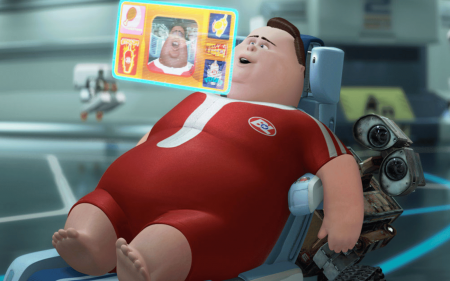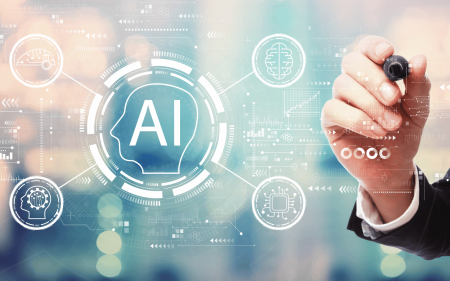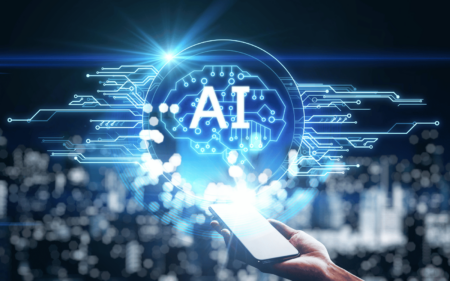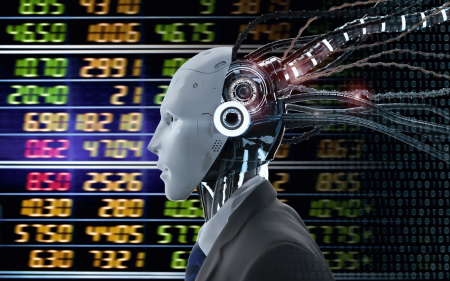Google recently made headlines globally because its chatbot Gemini generated images of people of color instead of white people in historical…
Browsing: AI
Earlier this year, Neuralink implanted a chip inside the brain of 29-year-old US man Noland Arbaugh, who is paralysed from the shoulders…
From asking our smart speakers for the weather to receiving personalised advice from smartwatches, devices powered by artificial intelligence (AI)…
Artificial intelligence (AI) is seemingly everywhere. Right now, generative AI in particular – tools like Midjourney, ChatGPT, Gemini (previously Bard)…
The big drawcard for Samsung’s 2024 smartphones was the debut of Galaxy AI on the company’s flagship handsets. The addition…
As artificial intelligence creeps further into people’s daily lives, so do worries about it. At the most, alarmists are concerned…
Recently, artificial intelligence (AI) has been cast as a problem in the urgent, international effort to tackle climate change. As…
Meta’s WhatsApp, like everything else in 2024, has slowly heaped more and more artificial intelligence (AI) onto its plate. If…
AI has long since surpassed humans in cognitive matters that were once considered the supreme disciplines of human intelligence like…
Time and again, leading scientists, technologists, and philosophers have made spectacularly terrible guesses about the direction of innovation. Even Einstein was not…

